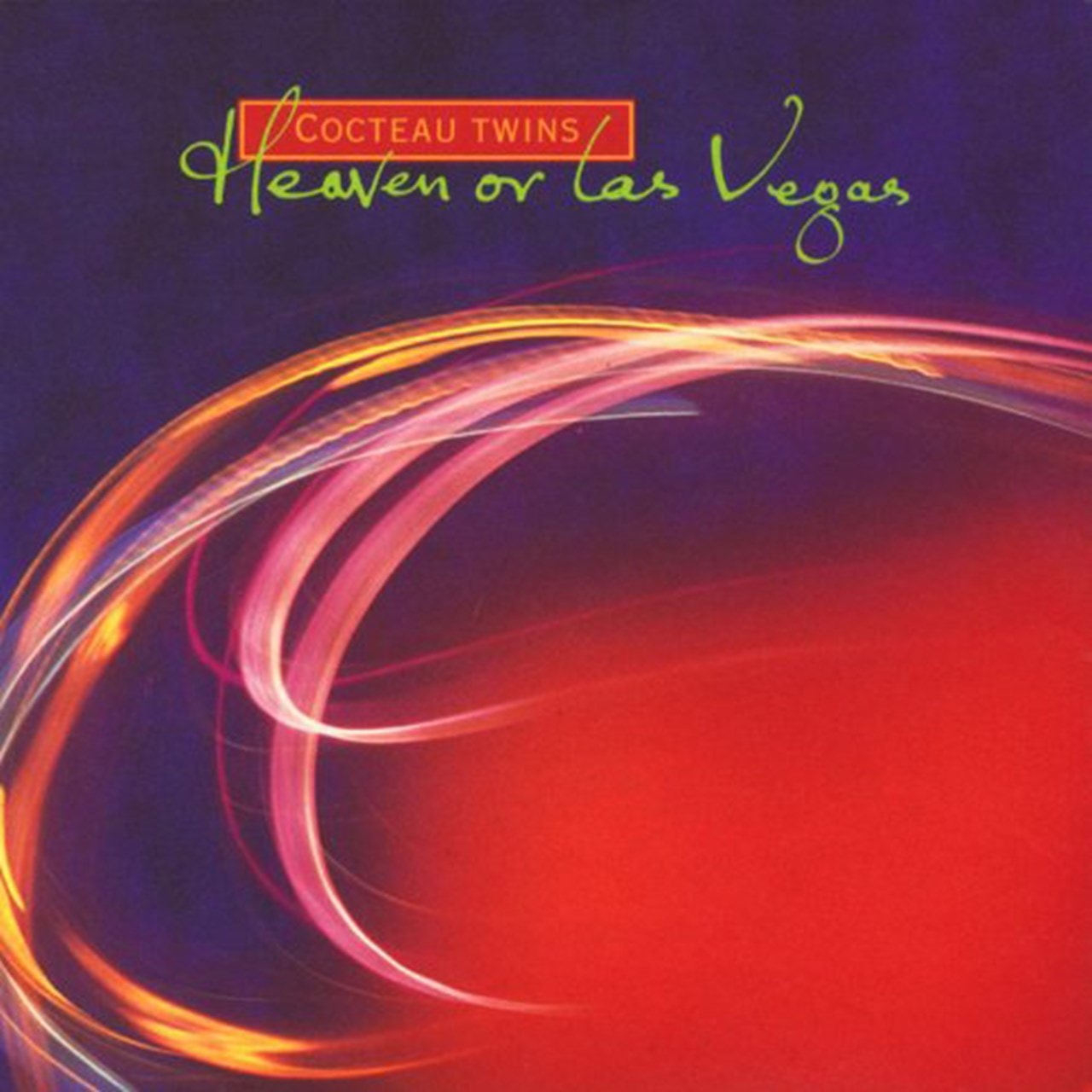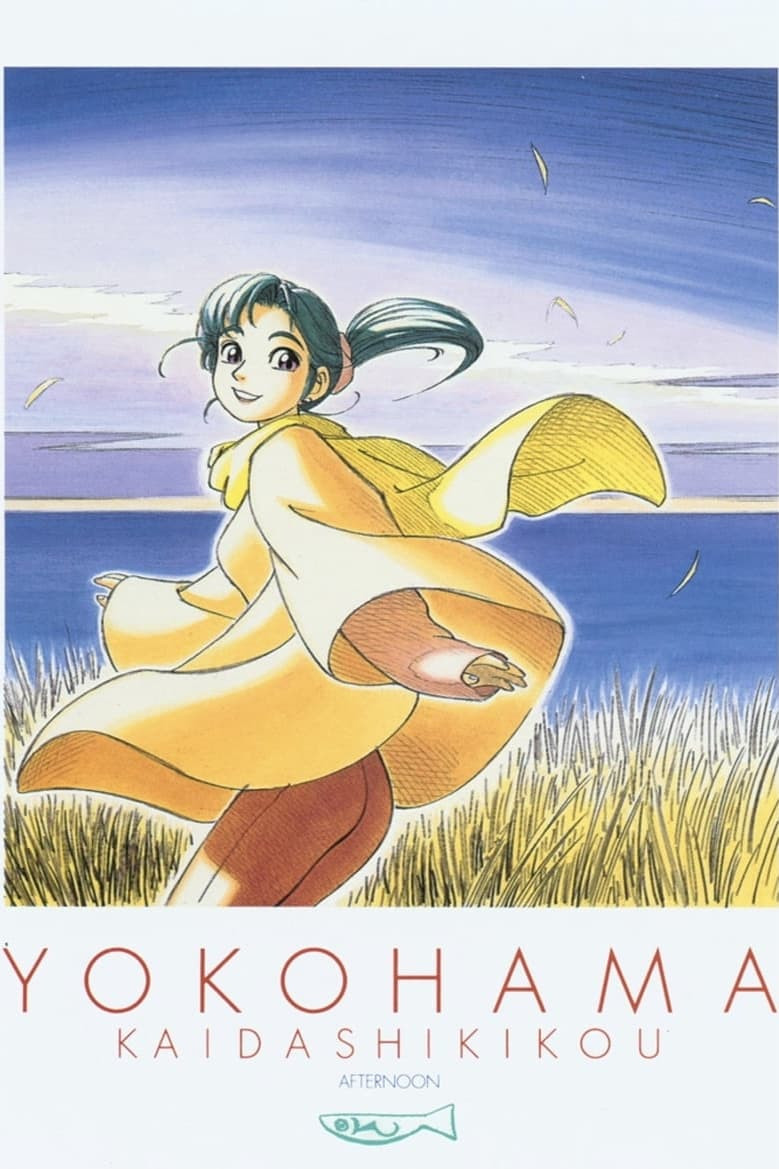Vicky's Essentials
This is essential Vicky-core. The stuff you find here moves me, it makes up the core of my being and inspires me every day to be more compassionate, more loving and more appreciative of life. Wanna get to know me? Start here.

- Title:
- Heaven or Las Vegas
- Artist:
- Cocteau Twins
- Released:
- 1990
- Involved:
- Elizabeth Fraser (vocals)
- Robin Guthrie (guitar, drum machine)
- Simon Raymonde (bass)
- Length:
- 37 min
Heaven or Las Vegas by Cocteau Twins is my favorite album. Listening to it conjures up nothing but good memories and emotions for me. It feels like a warm bath after a cold day, like string lights and a warm blanket, like the last rays of the sun, and like a loving hug.
This album perfectly nails the dream pop sound of billowing guitars, ethereal vocals and a generally dense but flowing, liquidy, shimmering sound. The drum machine, programmed by guitarist Robin Guthrie, gives the songs a solid backing, providing a steady beat that plays nicely off the swimmy guitar while never distracting from the smooth flowing atmosphere. On songs like "Pitch the Baby", where the guitar seemingly gets lost in dense synth-like layers of reverb and delay, the drums and Simon Raymonde's bass guitar serve as a fantastic grounding element, keeping the songs from drifting off into pure slush, the way some vaporwave projects might.
The warm blanket of guitar noise is only enhanced by Elisabeth Frasers angelic vocals. Her impenetrable to downright abstract lyrics letting you focus more on the sound of her voice, with songs like "Fifty-Fifty Clown" and "Frou-Frou Foxes in Midsummer Fires" being prime examples of her layered and expressive vocals being used to great emotional effect, one that doesn't need words or literal meaning to be effective.
All these effects combine to create the bright, warm sound of Heaven or Las Vegas, one that makes the album feel like music from a planet where the sun never quite sets, where the golden hour never ends and everything is bathed in golden-red light forever, where the neon-colored lights shine just as brightly as the red sky above them. It is pure bliss.
What if you needed to heal your soul in under an hour? I would have to recommend Yokohama Kaidashi Kikou (YKK) which is my favorite anime. It is pure bliss, created by the divine synthesis of painted watercolor backgrounds, cute robot girls and dreamy tunes.
The premise YKK is deceptively simple: Alpha is a robot who owns a café. She drives around on her scooter, meets friends and takes photographs. All of this happens against the backdrop of a slowly unfolding, or rather crumbling, apocalypse, one in which everything just sort of fades out. Plants push up through the cracked concrete streets. Buildings and street lights are slowly swallowed by the rising tides; the world is going to sleep. But YKK focuses on the little things, it revels in the mundane, the slow, the bucolic. Having a drink and chatting with a friend, taking a little trip and seeing where the road leads you, watching the sunset, the way the light bounces off the waves and flickers like city lights. Beauty and happiness can be found anywhere. As Alpha herself puts it: "There isn't a single meaningless scene."
The audio-visual side of YKK is the second puzzle piece. The backgrounds, especially the landscapes, are gorgeous watercolor paintings. They capture the subtle moods of nature with impressive skill, transporting you into these scenes. The skies at sunset look like photographs, the sun-baked grass reminds me of so many walks I took, and I can feel the cold and damp as Alpha rides her little scooter along the coastal road at night, the last warmth of the day already fading away. Each episode is interspersed with these soul-soothing, smooth music sequences playing over visual collages, creating an almost psychedelic effect. Lastly, the character designs are just plain adorable, simple and stylized, but still relatable and grounded enough.
Yokohama Kaidashi Kikou is happiness in a bottle. It is the cure for worries and world-weariness and maybe, if you let it into your heart, it can even make you appreciate life in a whole new way.

- Title:
- Yokohama Kaidashi Kikou
- Director:
- Takashi Anno
- Released:
- 1998
- Length:
- 2 x 28 min

- Title:
- Dune
- Author:
- Frank Herbert
- Release:
- 1965
- Length:
- ca. 800 pages + appendices (depending on edition)
Politics. Religion. Ecology. Dune. My favorite novel. I first read Dune when I was 15, the age of the protagonist at the beginning of the story, and I still reread it every few years. I always get something new out of it and I don't think that is entirely because of my changing perspective, but also because Dune is such a dense and multi-layered work that one read-through is not enough to fully get Dune.
The novel Dune shares most of its story with its adaptations. At first glance, it is a classic hero's journey with the protagonist Paul being thrown out of his home, one which he cannot go back to after the murder of his father and the destruction of his family's holdings, and is thrust into an unfamiliar world. He gains a mentor and community, learns, accrues power and in the end he manages to defeat the villainous Baron Harkonnen and places himself on the imperial Golden Lion Throne. It is, however, not a classic tale. The story of Dune is but a tiny glimpse into a much larger world, one which stretches tens of thousands of years into the past (or in the future, depending on how you look at it). It is a story of space travel, of radical societal engineering, of feudal rivalries and ruthless economics. It's a space opera through and through. It also reads like a history book sometimes. The story itself is also a subversion of a kind. Events set in motion generations ago influence Paul at every turn to ensure that he becomes not a hero of his own making, but a villain who uses deception, zealotry and also magic to gain power in the guise of heroism and liberation.
All of this lays a solid foundation for the real meat of Dune: its themes. While Dune is the story of Paul, it is also a story about many other things. Chiefly among them are the dangers of authoritarian leadership, the role of ecology in the shaping of societies (and vice versa) and – a classic – the notion of destiny and free will. Over hundreds of pages, characters act out and discuss these ideas, not just in dialogues, but in thought monologues and grand ideological battles as well. So much of Dune's worldbuilding and theming is also found in its appendices. It is a fully fleshed out world and much of that is done through an intricate web of references, between characters, concepts and events, reaching far beyond the pages of this book into its sequels or into the unwritten aether. It is often overwrought, cryptic, even bizarre (don't even get me started on what the sequels are like), but it is also mesmerizing, deep and – whether you agree with Herbert or not, and I often don't – full of interesting thoughts and ideas.
It is daunting to read Dune. It is much more difficult to understand than its adaptations (yes, even David Lynch's 1984 film), but it is also incredibly rewarding. Dune is a journey, one into a world that is truly alien, which sci-fi only rarely accomplishes, but also one that suffers from the same problems as ours. It is also a journey that I have taken many times and will take many more times, though it's never quite the same.





